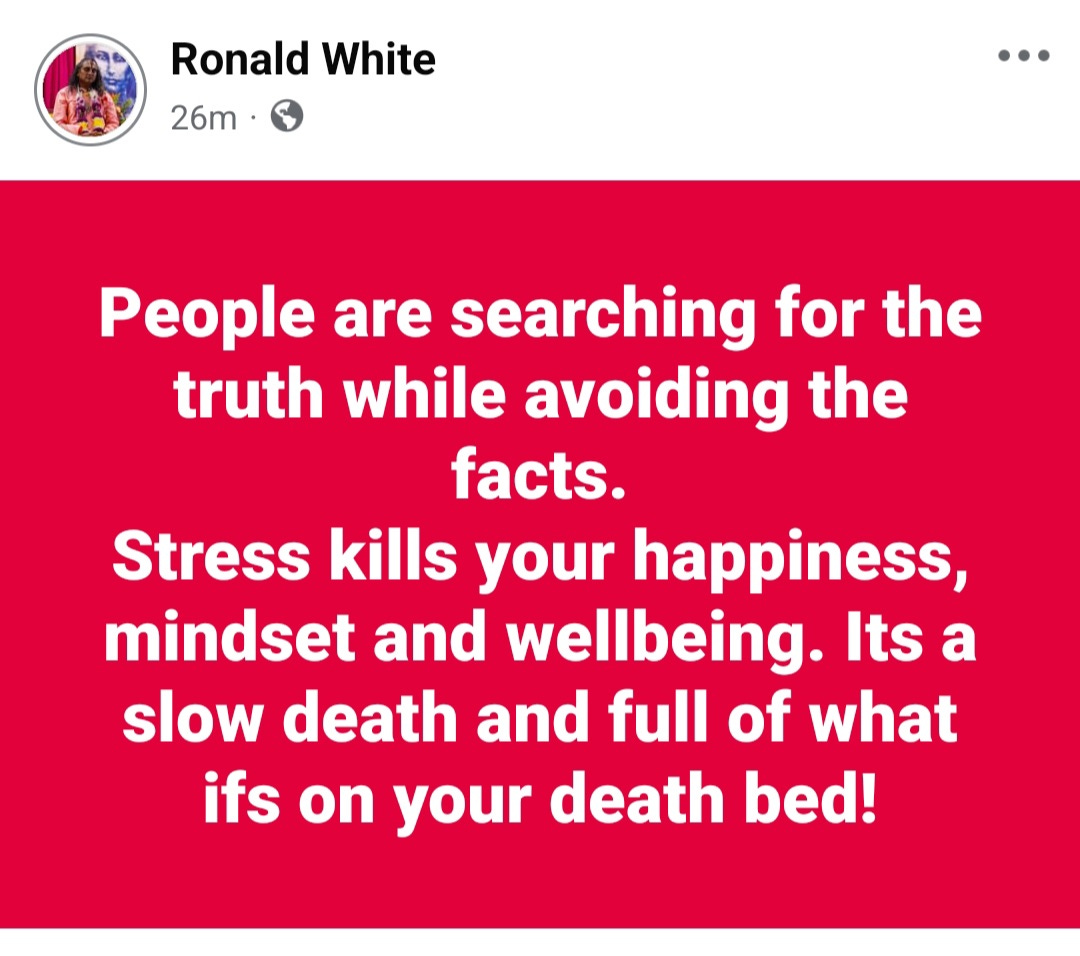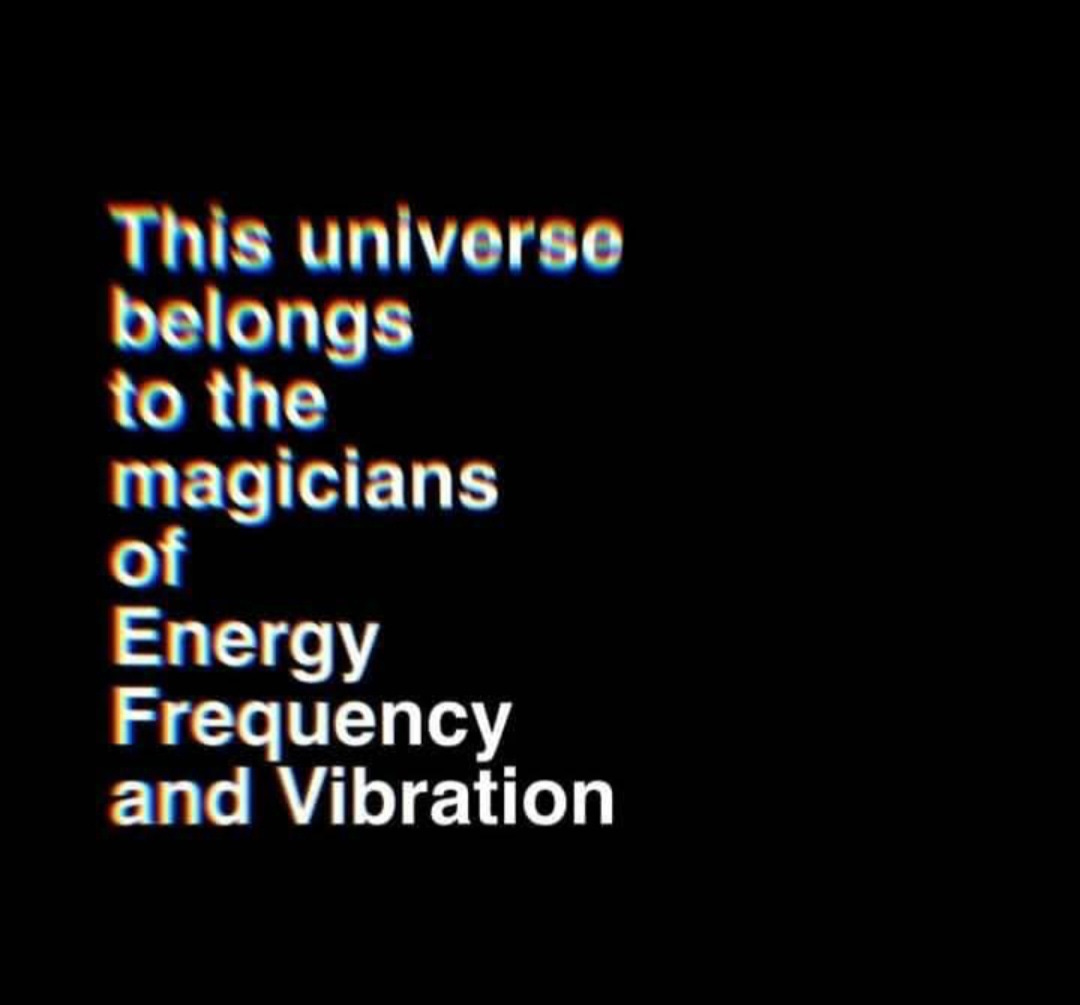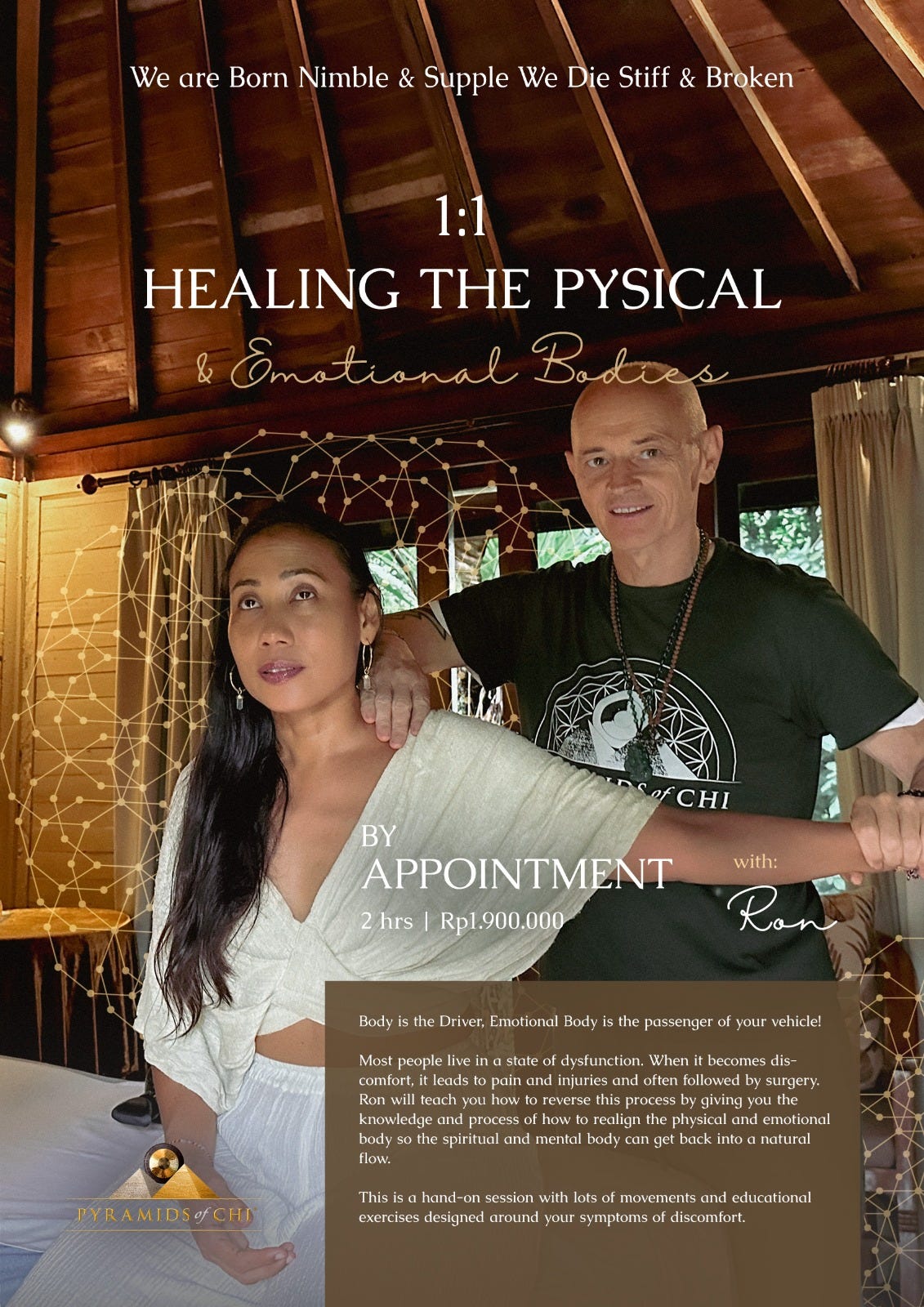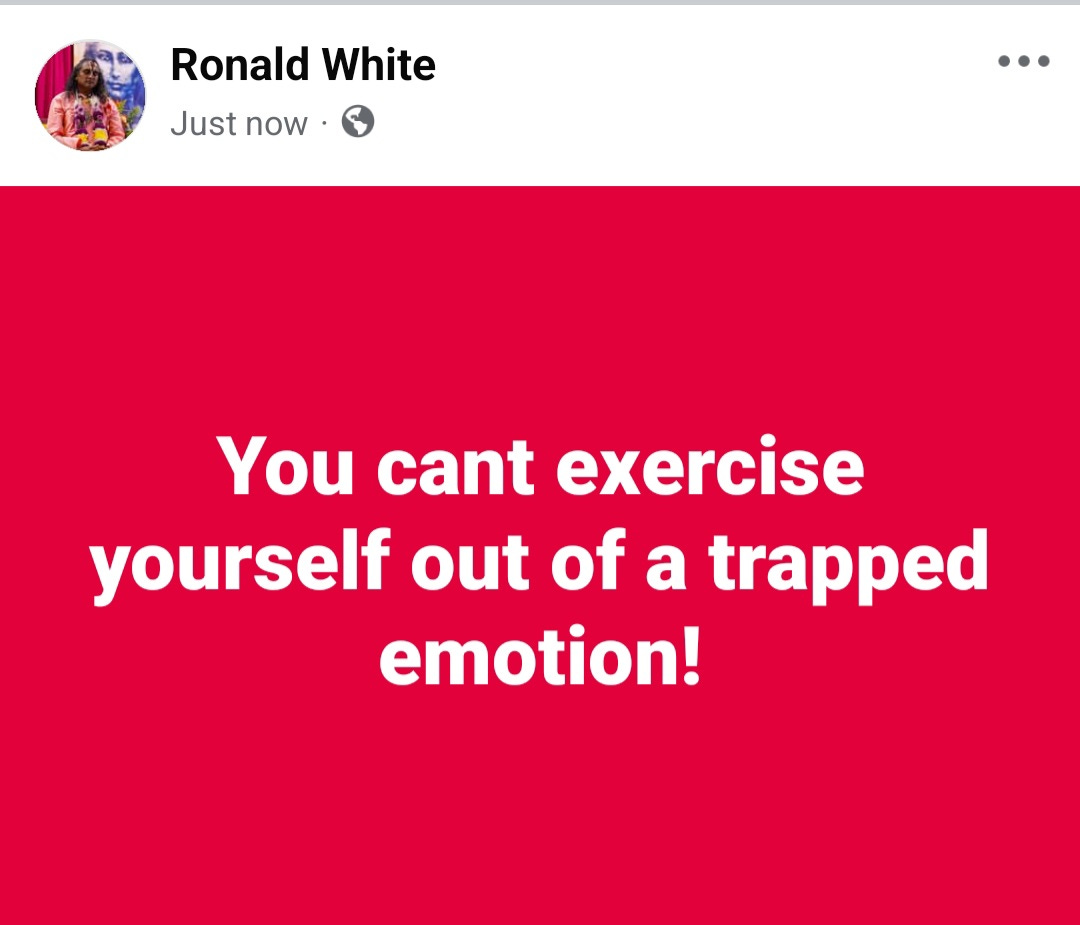"Exercising excessively due to emotional triggers leads to a combination of wasted energy and more emotion, resulting in stress and burnout."
Then you are destroying your nervous system from the inside out.
When Emotion Drives Exercise: The Hidden Path to Burnout
In today’s fast-paced world, movement is often hailed as medicine. Exercise boosts our mood, sharpens our mind, and strengthens our body. But what happens when we lean too heavily on fitness as a way to cope with our emotions?
Many of us turn to exercise during emotionally charged times—stress, anxiety, sadness, or even anger. And while movement can be a powerful outlet, there’s a fine line between healthy emotional release and overexercising. When emotion becomes the main fuel for physical activity, it can turn into a cycle that drains us instead of replenishing us.
Let’s break it down:
Emotion + Energy = Stress and Burnout
When we push our bodies hard, driven by unresolved emotions, we start tapping into our energy reserves without allowing time to recharge. At first, it may feel empowering. We sweat, we push, we feel a temporary release. But over time, without proper recovery and emotional processing, this pattern can backfire.

The Warning Signs of Emotion-Fueled Overtraining
Persistent fatigue: No matter how much you sleep, you’re always tired.
Irritability and mood swings: Your emotional state feels more unstable than usual.
Poor performance: Workouts that used to feel easy now feel impossible.
Injury or illness: Your immune system is taking a hit.
Loss of motivation: You’re not enjoying exercise anymore—it’s become a chore or a punishment.

Why It Happens
When emotions run high, we often look for an outlet. Exercise offers control, clarity, and a sense of accomplishment. But when workouts become the only way we process our emotions, the balance tips. We might start skipping rest days, pushing past pain, or ignoring fatigue—all in the name of “working through it.”
Unfortunately, this approach doesn't heal the root of emotional distress. It simply masks it, and the physical body takes the toll.
The Universe Will Bump You: Why Small Injuries Might Be Messages in Disguise
Life has a strange way of communicating with us. One moment, you’re gliding through your day, and the next—bam—you stub your toe, twist your ankle, or slice your finger on the edge of a paper. Most people brush these off as random misfortunes, but what if there’s something deeper going on? What if the Universe is giving you a nudge—or in some cases, a shove?
Listening to the Messages = 6 Sense
So how do we know if an injury is just an accident or something more? We don’t always. But we can get curious:
What was I doing right before this happened?
Was I rushing, stressed, or ignoring something my body or intuition was telling me?
What might I need to pause and notice in my life right now?
These questions don’t require mystical beliefs to be useful. At the very least, they turn every mishap into a moment of mindfulness. And often, that’s all the Universe is asking for.
Creating a Healthy Balance
The key isn’t to stop exercising when you’re emotional—but to exercise with awareness.
Check in with yourself: Ask why you’re working out today. Is it to feel good, or to avoid feeling something else?
Vary your intensity: High-intensity workouts aren’t always the answer. Yoga, walking, or light stretching can be just as powerful, especially when emotions are high.
Prioritize rest: Recovery is when your body and mind heal. Don’t skip it.
Seek other outlets: Journaling, therapy, creative expression, or talking with a friend can help process emotions more deeply.
Listen to your body: It always tells the truth—if it’s tired, sore, or unmotivated, there’s likely a reason.
Pain is the messenger: You cannot out exercise yourself out of pain, the only outcome is Injury or Surgery.
Emotional triggers: There are a lot of people trying to piss with two cocks, Volume and Intensity = Injury (Look at Sports where athletes run more than 5 -18km) They go to the Gym and within a few years they are pretty much fucked.
Conclusion
Exercise should be an act of care—not punishment or escape. While it’s okay to use movement to help regulate emotions, it’s important not to depend on it as the only way to cope. When energy and emotion are chronically imbalanced, the body speaks through burnout, fatigue, and stress. There will be a time when Conditioning Coaches will be held accountable for career threatening injuries they caused to Athletes, just by giving them a one-shoe fits all approach training program.
Moral of the Story
Don’t try and piss with two cocks, in the short term you will look like Tarzan, but in the long term you will perform like Jane.






What if your joints are misaligned?
Would this block the flow of Chi?
Fixing the posture 90days to 1 year, then use gentle movements, this will build a strong foundation
I always found it difficult to regulate the parasympathetic nervous system until I started practicing internal martial arts like tai chi and qi gong.
Another way to look at it I guess. 🙂